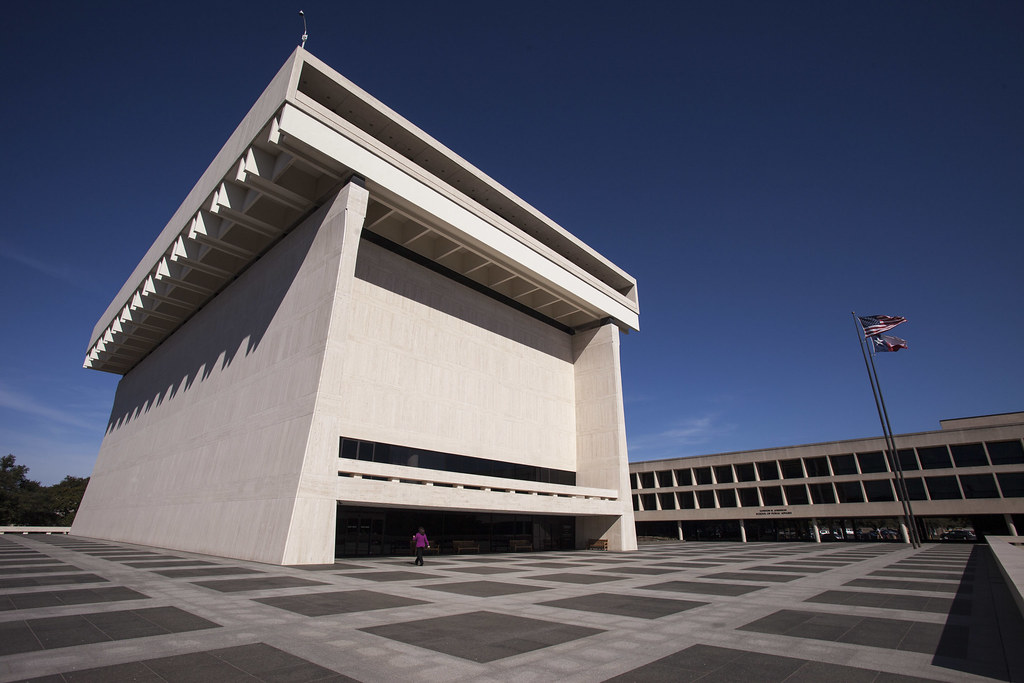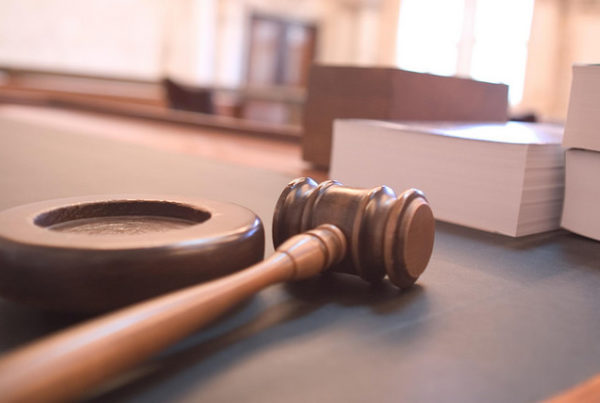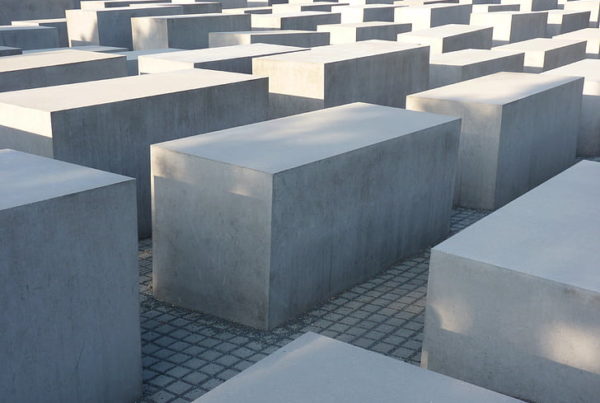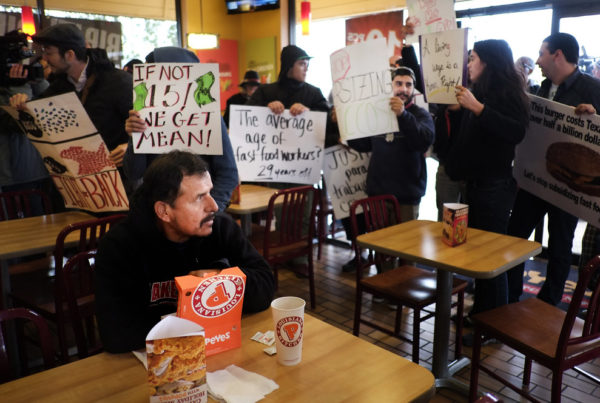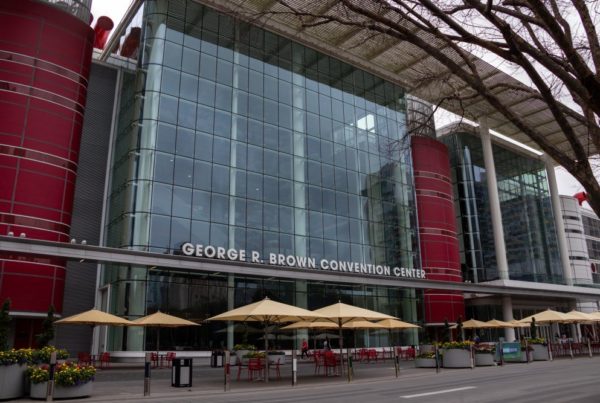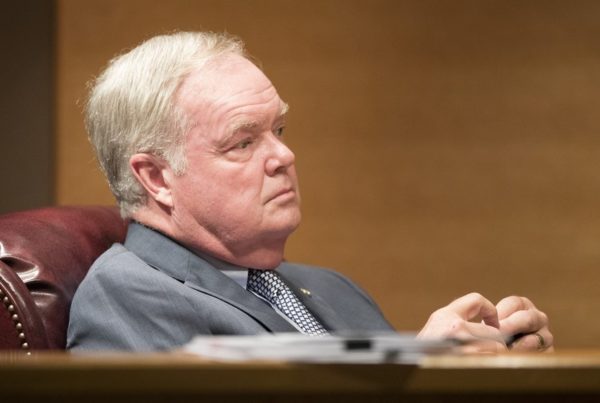For me, Lyndon Johnson did more for Texas in his lifetime than any other politician except for Sam Houston. And Houston’s greatest gift was given to Texas in the form of a resounding victory at San Jacinto, before he began his political years as president. Two of Johnson’s most enduring gifts to Texas are NASA, and the electricity for rural Texas, especially for the inaccessible hinterlands of the Hill Country. LBJ said in 1959, that “nothing had ever given him as much satisfaction as bringing electricity to the rural people of his region.
By the end of his life, Johnson had a new achievement he was proudest of and believed would be his greatest legacy. That was the founding of the LBJ School of Public Affairs, in tandem with dedicating his presidential library at the University of Texas at Austin. In this academic year the LBJ School of Public Affairs and the library are both celebrating the 50th anniversary of their founding. The school welcomed its first class in 1970 and the library was dedicated in May of 1971. These separate institutions represent a fitting legacy.. After all, he said when he was president,
Johnson also believed in the education provided by the school of hard knocks. He liked to quote his father who told him that “You should brush yourself up against the grindstone of life and that will give you a polish that Harvard and Yale can’t give you.”
He was a complicated man. He said some racist things in his life, but he was simultaneously an iconic force in the civil rights movement.
LBJ did not have the eloquence of King or Kennedy, but he was a master of personal persuasion. When he had a congressman in the corner of a room at a political breakfast, and a lawmaker’s hand firmly enveloped by his, Johnson could sell abstinence to an alcoholic and even civil rights to a segregationist. No president ever pushed more legislation through Congress than he did, not even FDR. And his focus was on equality for all, in education, in economics, in voting, in opportunity, and in life as a whole.
He passed the Civil Rights Act of 1964 and the Medicare and Medicaid Act of 1965 as well as the Voting Rights Act of 1965. Consequently, years later, LBJ saw the founding of his school of Public Affairs as the greatest chance he had at fostering the continuation of good works for mankind through government. Unlike many today, he believed that government could in fact do the big things that the little guy couldn’t do for himself, like deliver electricity to rural farms and make sure the color of your skin didn’t determine where you could eat or sleep.
When he spoke to a group of students at his School of Public Affairs in Austin about a month before he died. LBJ told them that a life in public affairs, one of helping your fellow man, is the most rewarding of all paths one could take in life. He said, “The greatest known satisfaction for human beings is knowing – and if you are the only one that knows it, it’s there and that’s what’s important – that you’ve made life more just, more equal, and more opportune for your fellow man – and that’s what this school is all about.”
W.F. Strong is a professor of Culture and Communication at the University of Texas Rio Grande Valley. His “Stories From Texas” also appear in Texas Co-op Power Magazine and are available in podcast form.


